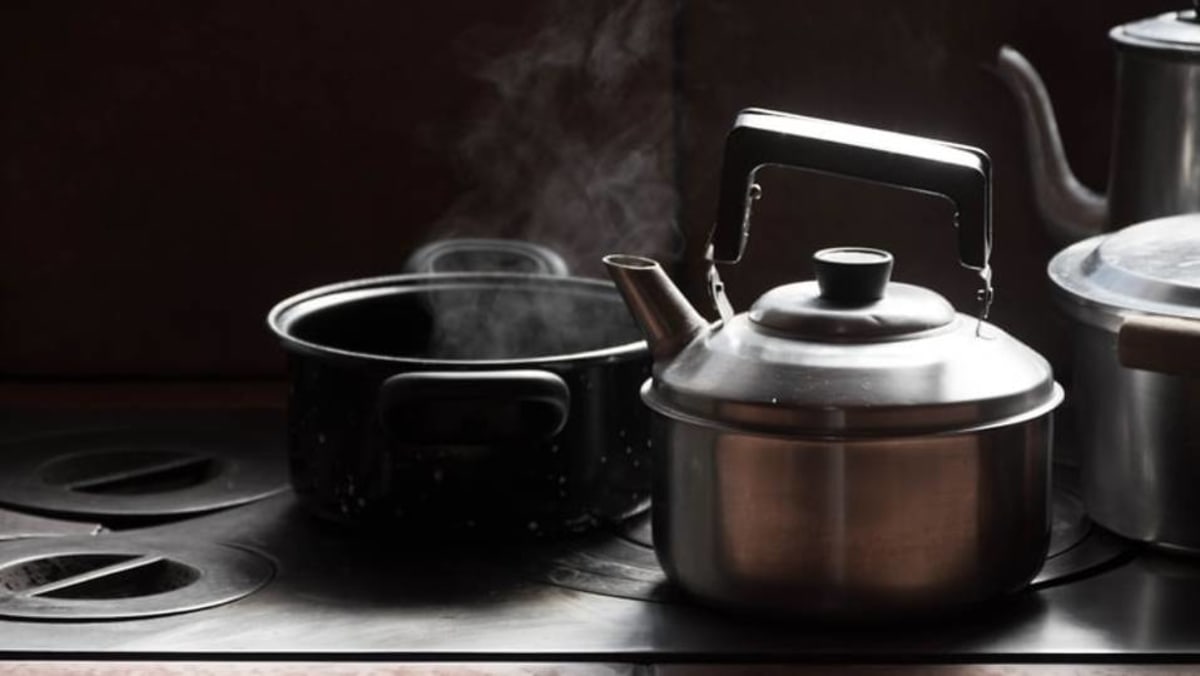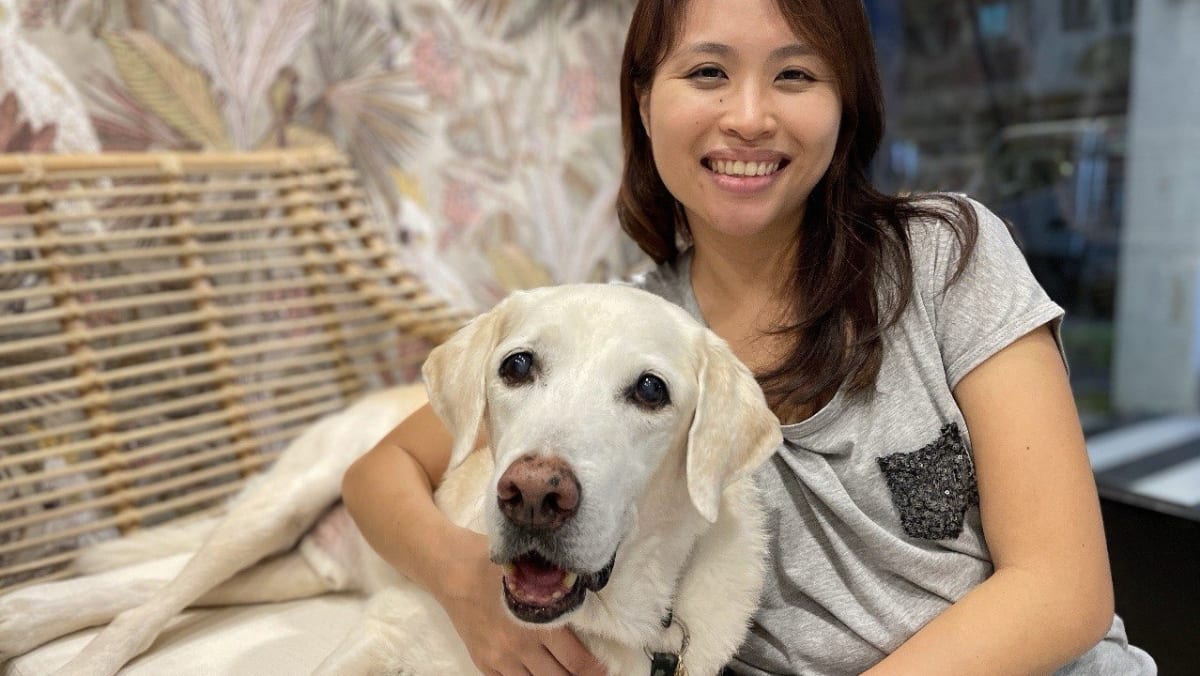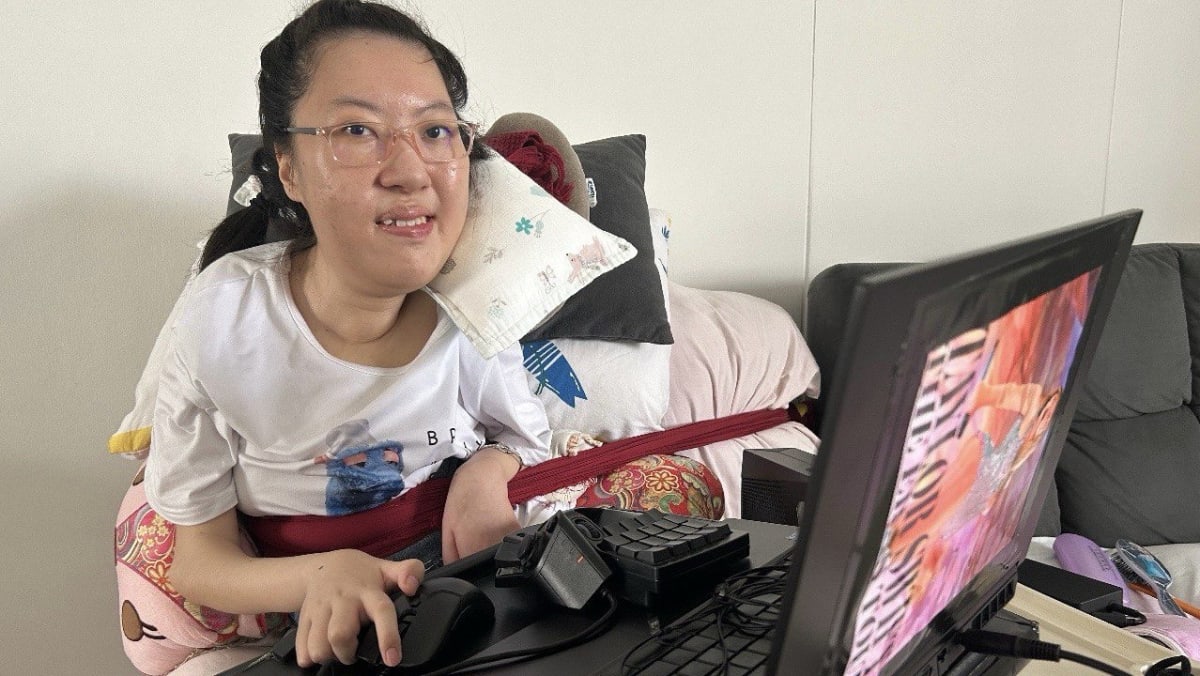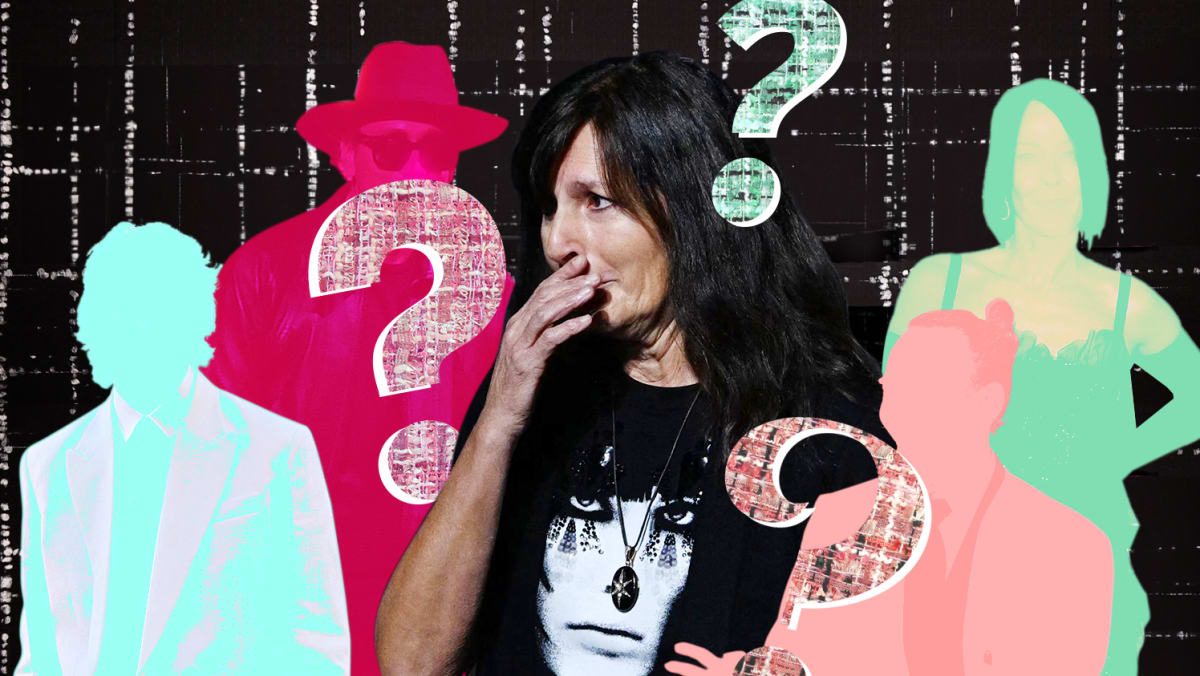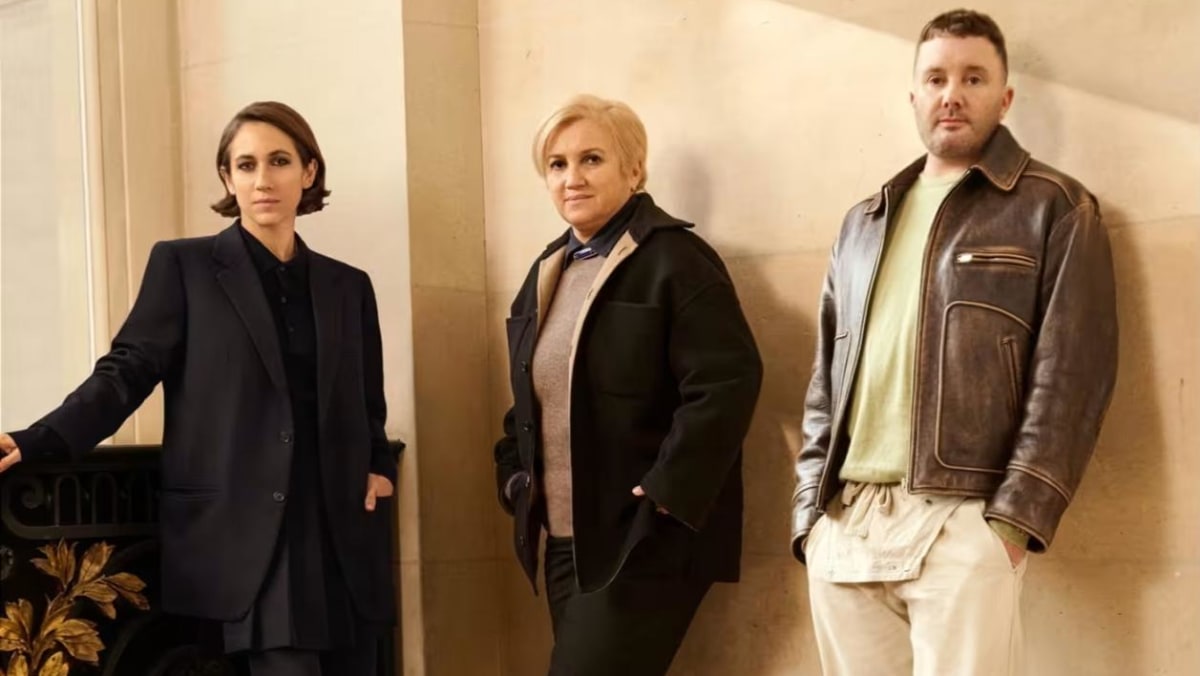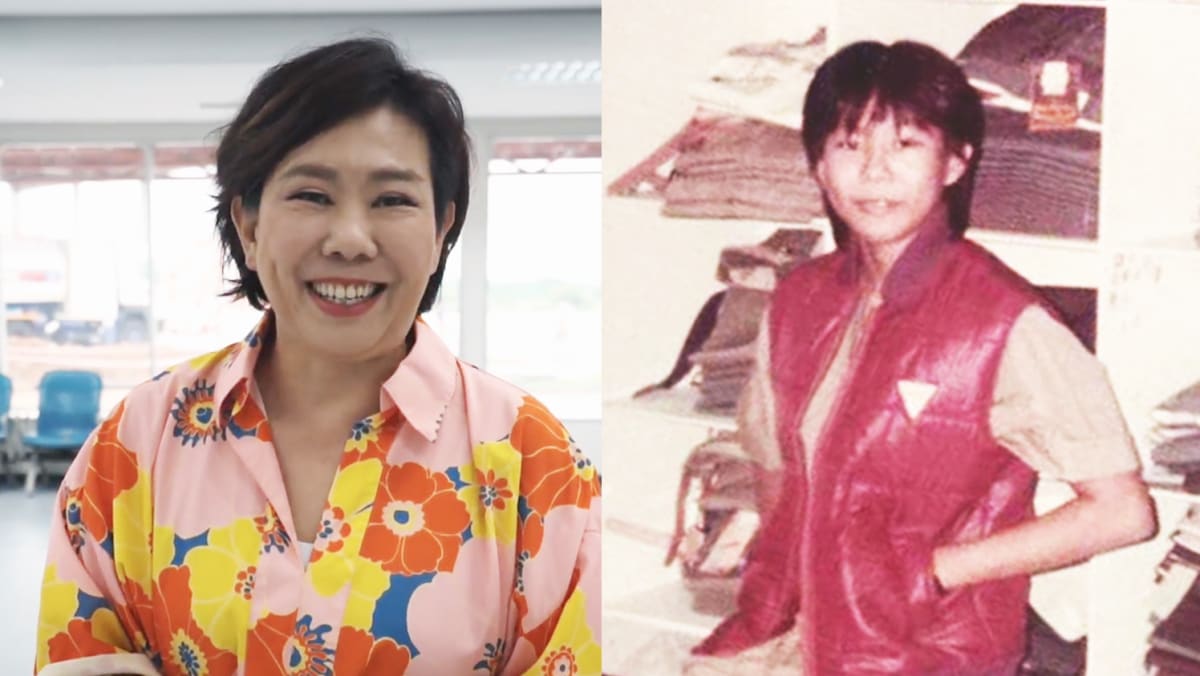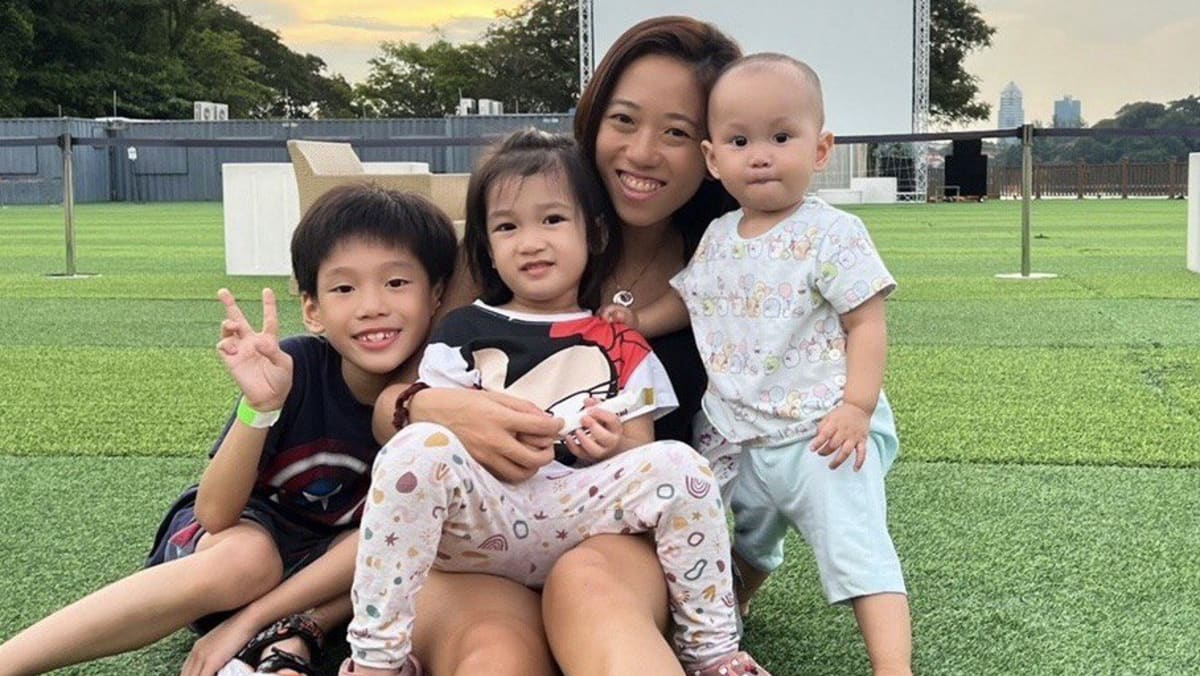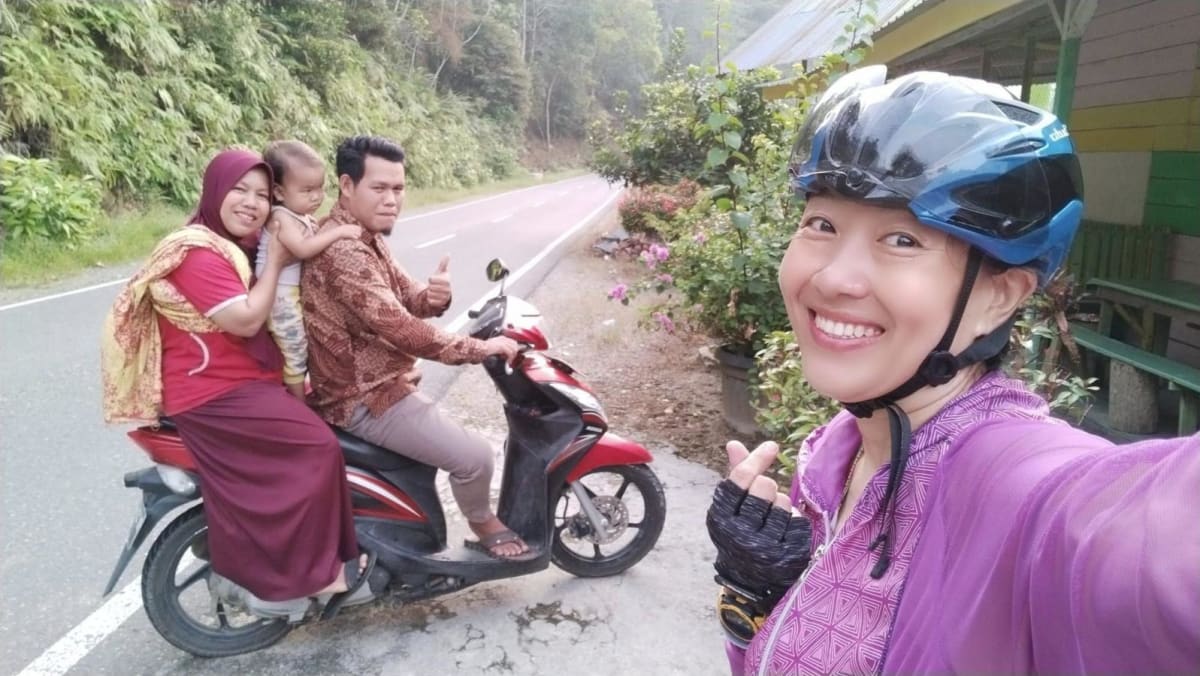Dr Yeo gave the dog oxygen and medication to stop the gasping, reduce pain and nausea so that it could pass on more comfortably.
“Typically, when people decline euthanasia, they’re given palliative care medication such as painkillers for their pets. But sometimes, that’s not enough. If the pet is not eating, you’re not going to get the medication down. Or, if they are gasping, sometimes you need oxygen,” she explained.
“End-of-life care is not just going home with a bunch of medication. It is very interactive. We constantly tweak what we do to make the patient more comfortable [at home]. Sometimes, if pets are quite critical, they may also end up here in the clinic on oxygen, or intubated,” she said.
Dr Yeo stressed that quality palliative care and hospice care are very important for geriatric pets. “Invariably, everybody will die one day, and when the time is near, how one dies is very important.”
DRAWING STRENGTH FROM HEARTBREAK
Dr Yeo’s interest in geriatric and palliative care comes from a painful personal loss.
In her late twenties, her two beloved childhood dogs, Munchie, a papillon, and Elmo, a schnauzer, passed away.
“They were very close to me. Munchie and I used to sleep together every night. She would sleep on my head. In the morning, when I tell her, ‘Let’s go’, she would hop down from the bed and go to the door. We knew each other’s actions and wants,” she recalled fondly.


